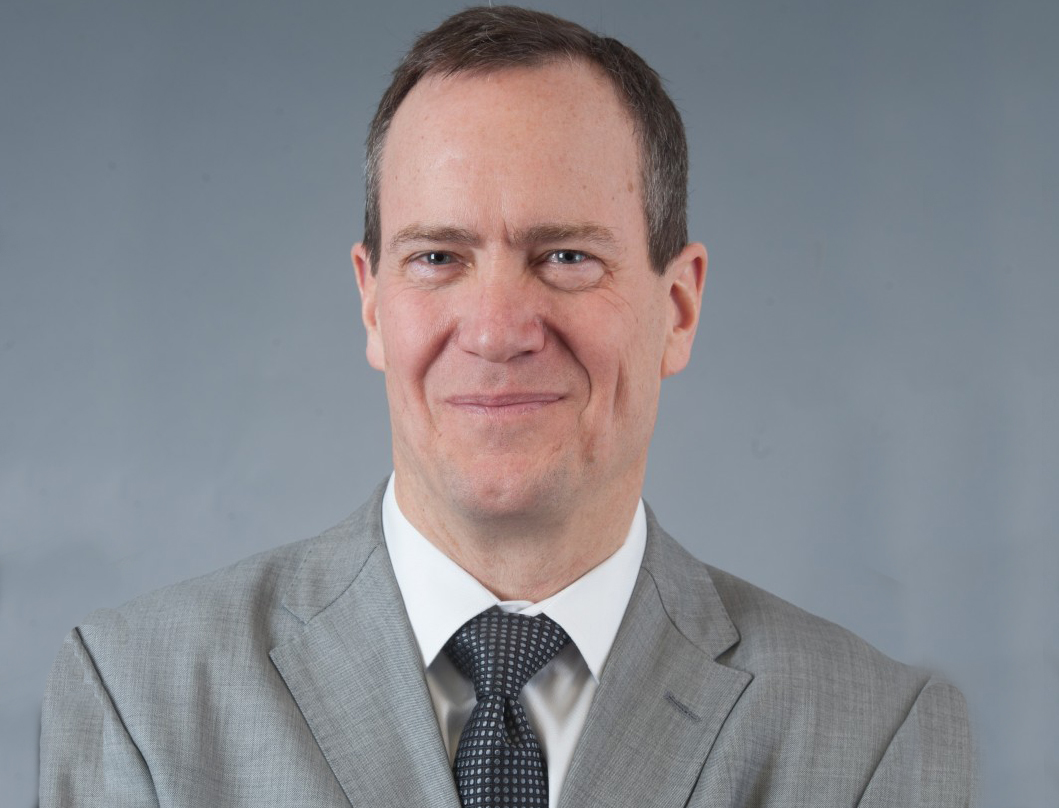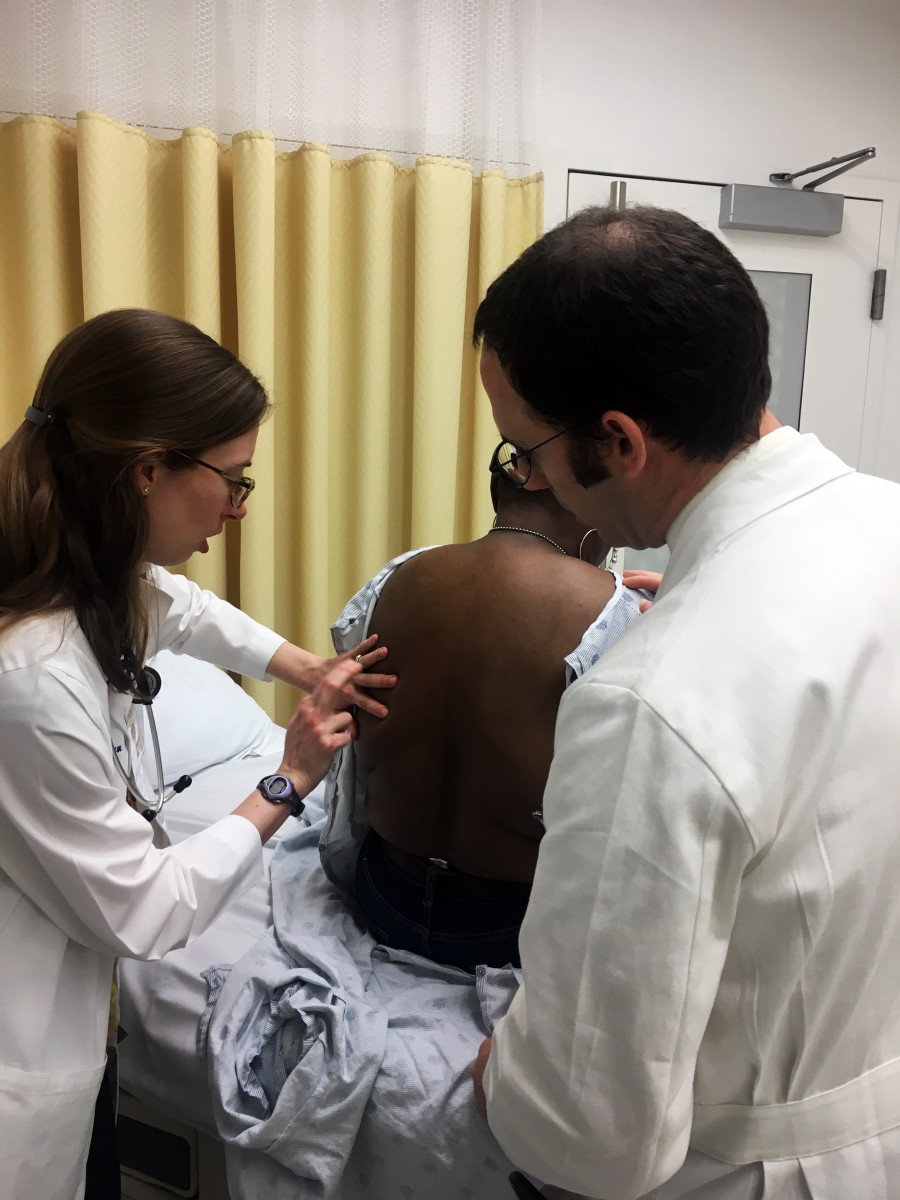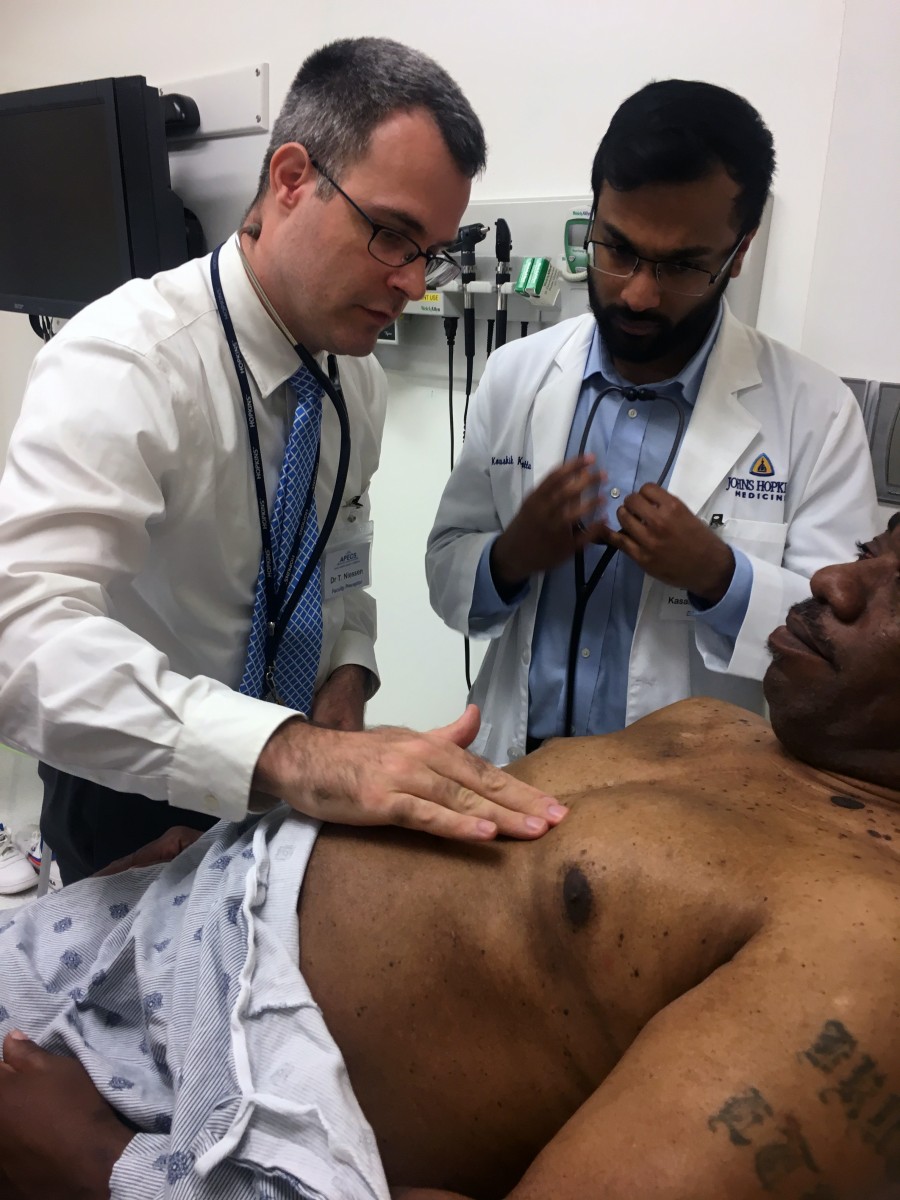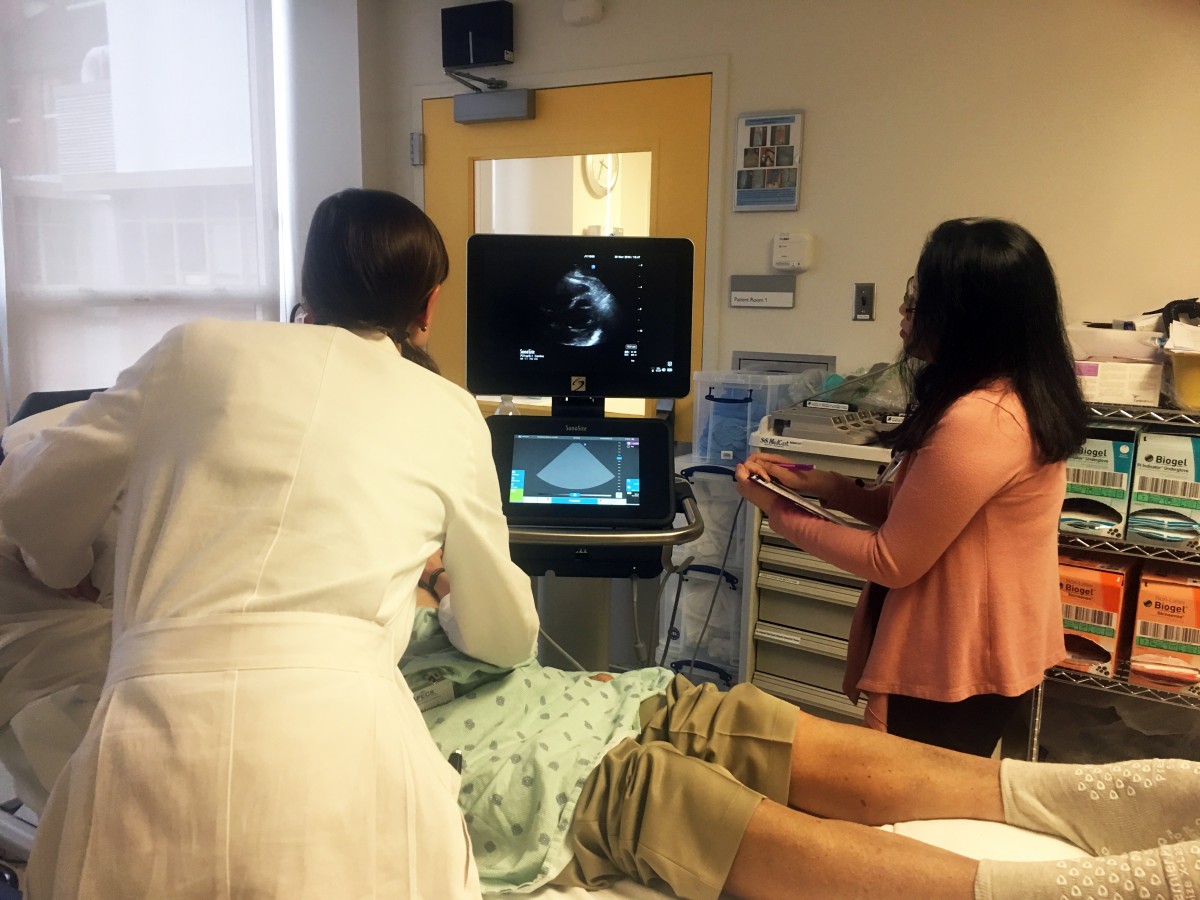Recently, through studies like the iCOMPARE trial, we have learned the alarming truth that interns and residents spend only a small fraction of their time interacting with patients. What’s more, there is no formalized assessment of skill built into graduate medical education in this country. It is easy to see the problems this could cause the next generation of doctors, but members of our department have already begun to address the issue with a viable solution.
In its first year, the Assessment of Physical Exam and Communication Skills (APECS) uses encounters with both real and standardized patients to assess the bedside clinical skills of Bayview and Osler interns. Interns get real-time feedback from over 40 faculty preceptors based on the skills expected of residents upon graduation. Brian Garibaldi developed the program with grants from the Center for Innovative Medicine, the Institute for Excellence in Education and the New York Academy of Medicine, and runs it with the help of coordinator Joyce Luckin and GIM faculty member Tim Niessen.
Interns have already applauded the program for the unique and specific feedback they receive compared to what they get from rounds, and even the faculty preceptors view it as a way to freshen up on skills of their own. "Observing APECS made me even more keenly aware of how unusual it is for physical examination skills to be directly observed and critiqued in internal medicine residency training," said Roy Ziegelstein. “The truth is all of us have huge gaps in our physical examination techniques, and it takes a lot to create a situation in which learners feel safe enough to let others see those gaps as they try to fill them in."
As the program develops, more skills and technologies have been added, such as assessment tools for point-of-care ultrasound (POCUS) aided by Gigi Liu. POCUS curriculum is a newer addition to both the Osler and Bayview residency training programs, and APECS allows for extra practice.
Much like any assessment, the program also provides valuable insight about how well our training programs are teaching our interns. This insight could prove especially useful as the department toys with the idea of combining the Bayview and Osler training programs into one.
The next APECS event will take place on Friday, June 14, with eight assessments planned for next year. I encourage you to consider becoming a faculty preceptor.
To weigh in about the possibility of combining our Bayview and Osler training programs, please take the Bayview and Osler Residency Programs Survey sent to you via email by Friday, June 21. If you think you did not receive the survey in error, please email Kelsey Bennett at [email protected].
-Mark




Dear Dean Mitchell
thank you for your comments. I look forward to finding a way for us to collaborate on this important project.
best wishes
Mark
Thank you Dr Anderson,
Professor Dave Canfield I were able to Join Dr Garibaldi and team for a portion of APECS this year. It is a commendable project under fabulous leadership with Dr Garibaldi.
Dr Desai also arranged for me to
Join Rounds on one of the Osler teaching services. I was inspired and convicted of what all of us in medicine must do to give better skills and humanistic contact to
Young physicians.
Georgetown stands ready to join you as we re-energize our society of Bedside medicine for students and residents.
Thank you for your leadership.
Stephen Ray Mitchell, MD, MBA, ,MACP
Professor of Medicine and Pediatrucs
Butenas Professor and
Dean for Medical Education
Georgetown University
Comments are closed.